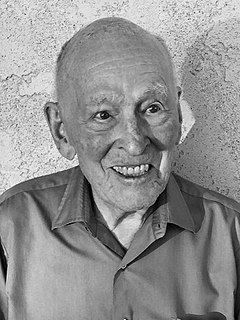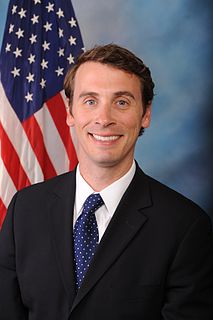A Quote by Ruth Simmons
In the late 60s, 70s and possibly early 80s, social scientists were interested in researching the diffusion of innovation and studying the link between applied research and policy and program development. Recently there has been less interest in these issues and we feel that this interest must be rekindled.
Related Quotes
When I began writing poems, it was in the late 60s and early 70s when the literary and cultural atmosphere was very much affected by what was going on in the world, which was, in succession, the civil rights movement, the antiwar movement, and the women's movement in the 60s, 70s, and into the early 80s. And all of those things affected me and affected my thinking, particularly the Vietnam War.
When I was a kid, a lot of my parents' friends were in the music business. In the late '60s and early '70s - all the way through the '70s, actually - a lot of the bands that were around had kids at a very young age. So they were all working on that concept way early on. And I figured if they can do it, I could do it, too.
Now listen to the first three aims of the corporatist movement in Germany, Italy and France during the 1920s. These were developed by the people who went on to become part of the Fascist experience: (1) shift power directly to economic and social interest groups; (2) push entrepreneurial initiative in areas normally reserved for public bodies; (3) obliterate the boundaries between public and private interest -- that is, challenge the idea of the public interest. This sounds like the official program of most contemporary Western governments.
These were always obsessions of mine, even as a very young child. These were things that interested me as the years went on. My friends were more preoccupied with social issues - issues such as abortion, racial discrimination, and Communism - and those issues just never caught my interest. Of course they mattered to me as a citizen to some degree...but they never really caught my attention artistically.
And that's the one thing that people do not understand is that we have very low interest rates and if those go back to historical levels or even go back to scary thoughts that they're back in the late '70s, early '80s, then that's going to really be hard to actually pay off those debts. It's going to be a - it's going to be a very big problem.
I still have a suspicion of charity and think the state has a role to play in many areas. And although for most of the years since I have been a rather privileged writer, I identify more closely than perhaps I should with those social workers. Had I not become a writer that would have been me. Lots of our friends are still in that world and I do feel part of that generation of people who were rather idealistic in the 70s and became disillusioned in the 80s. Not just about social services issues, but the world.


































